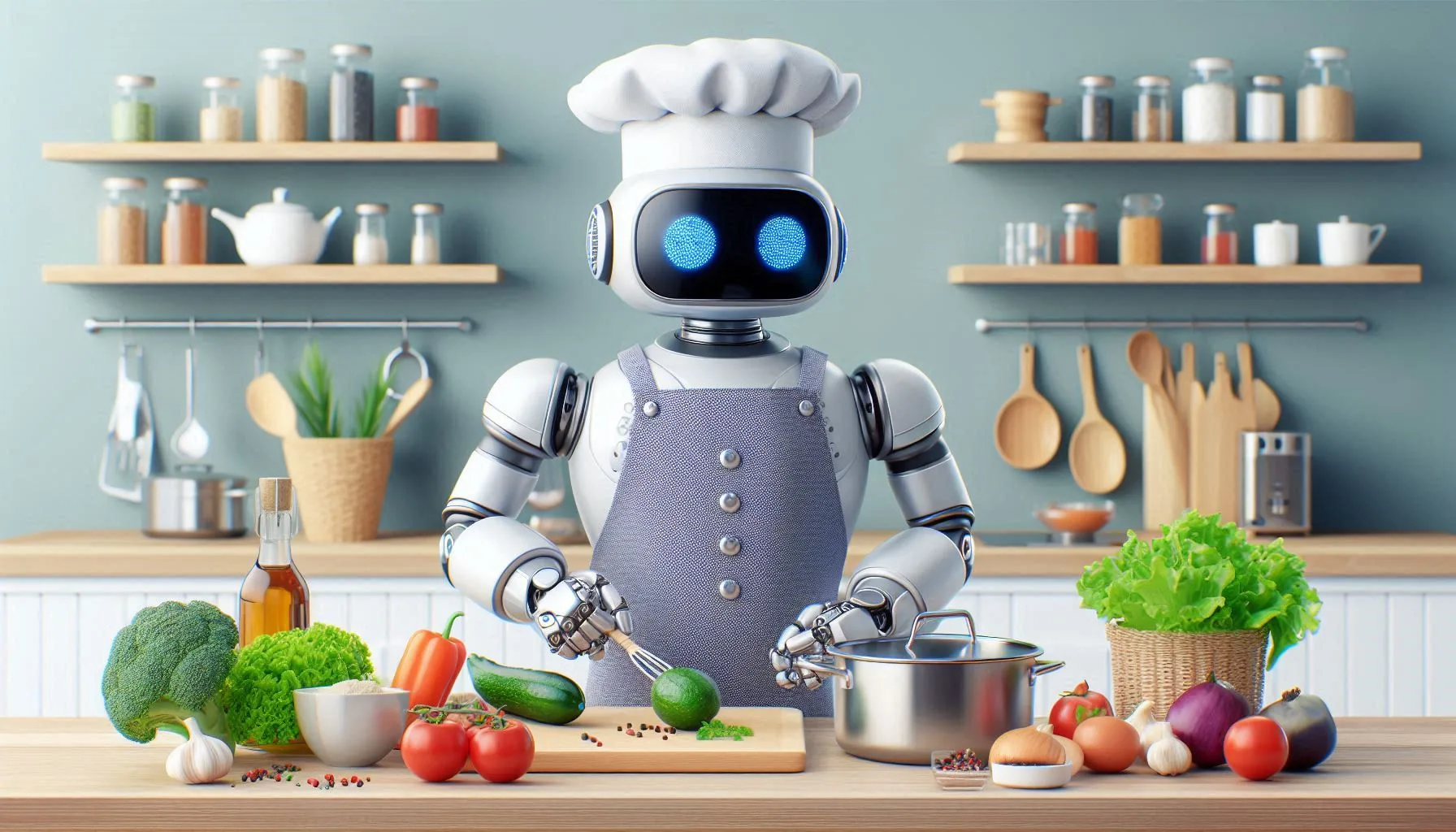Artificial Intelligence (AI) is revolutionizing various aspects of our lives, and nutrition is no exception. In today’s fast-paced world, maintaining a balanced diet can be challenging. With the assistance of AI, we can manage our diets more effectively, ensuring that we get the necessary nutrients while catering to individual preferences and restrictions. This article explores how AI can help us develop new dietary habits, how people can utilize this technology, and whether there are established standards for such applications.
Personalization of Diet Plans
One of the most significant advantages of AI in nutrition is its ability to personalize diet plans. Unlike generic dietary advice, AI can analyze individual data, such as age, gender, weight, activity level, and health goals, to create customized meal plans. This level of personalization ensures that the dietary recommendations are tailored to the specific needs and preferences of each person.
For example, AI-driven applications can take into account dietary restrictions, such as food allergies, intolerances, or ethical choices like vegetarianism and veganism. These apps use complex algorithms to ensure that the diet plan not only avoids certain foods but also provides adequate nutrition through alternative sources.
Nutrient Tracking and Analysis
AI can also help us track and analyze our nutrient intake more accurately. Traditional methods of monitoring diet, such as food diaries or calorie counting, can be tedious and prone to errors. AI-powered apps, however, can simplify this process by using image recognition technology to analyze the nutritional content of meals based on photos taken by users. This technology can identify food items, estimate portion sizes, and calculate the nutritional value of the meal.
Moreover, AI can provide insights into our eating habits and patterns. By analyzing data over time, these applications can detect trends and suggest adjustments to improve our diet. For instance, if an individual consistently falls short on their daily fiber intake, the app can recommend foods rich in fiber to help meet the nutritional goal.
Meal Planning and Grocery Shopping
Meal planning and grocery shopping can be time-consuming tasks, especially for those with busy schedules. AI can streamline these processes by suggesting recipes based on available ingredients, dietary preferences, and nutritional needs. These suggestions can save time and reduce the stress associated with meal planning.
Additionally, AI can assist with grocery shopping by generating shopping lists based on meal plans. Some advanced applications can even integrate with online grocery stores, allowing users to order ingredients directly from the app. This seamless integration ensures that users have all the necessary ingredients for their meals, reducing the likelihood of unhealthy last-minute food choices.
Motivation and Accountability
Maintaining a healthy diet often requires motivation and accountability. AI can support individuals in staying on track with their dietary goals through various features. For example, AI-driven apps can send reminders to drink water, take vitamins, or eat at regular intervals. These reminders help establish healthy habits and prevent lapses in dietary routines.
Furthermore, AI can provide positive reinforcement and feedback, celebrating small victories and progress. This encouragement can be crucial in sustaining motivation and fostering a positive relationship with food and nutrition.
Addressing Emotional Eating
Emotional eating is a common challenge that can disrupt healthy dietary habits. AI can help individuals recognize and manage emotional eating triggers. Some applications use machine learning algorithms to analyze patterns in food consumption and emotional states, identifying correlations between emotions and eating behaviors.
By understanding these patterns, AI can offer personalized strategies to cope with emotional eating. For instance, the app might suggest alternative activities, such as meditation or physical exercise, when it detects that an individual is likely to engage in emotional eating. These interventions can help break the cycle of using food as a coping mechanism for emotions.
Enhancing Food Safety and Quality
Food safety and quality are critical components of a healthy diet. AI can enhance food safety by monitoring and analyzing data related to food production, storage, and distribution. For example, AI-powered systems can detect contamination in food products and alert manufacturers and consumers to potential risks.
In addition, AI can contribute to improving food quality by optimizing agricultural practices. Machine learning algorithms can analyze data from various sources, such as weather patterns, soil conditions, and crop health, to make precise recommendations for farmers. These recommendations can lead to higher crop yields, better-quality produce, and reduced environmental impact.
Potential Challenges and Limitations
While AI offers numerous benefits for nutrition and dietary management, it is essential to acknowledge potential challenges and limitations. One significant concern is the accuracy of AI-driven dietary recommendations. The effectiveness of these recommendations depends on the quality and quantity of data available. Inaccurate or incomplete data can lead to suboptimal dietary advice.
Another challenge is the need for standardized guidelines and regulations for AI applications in nutrition. Currently, there is a lack of consistent standards to ensure the reliability and safety of AI-driven dietary tools. Establishing such standards is crucial to protect consumers and ensure that AI applications provide accurate and beneficial recommendations.
Privacy and data security are also important considerations. AI applications often require access to personal data, such as dietary habits, health conditions, and biometric information. Ensuring that this data is securely stored and protected from unauthorized access is vital to maintaining user trust.
Conclusion
AI has the potential to revolutionize the way we approach diet and nutrition. By offering personalized diet plans, accurate nutrient tracking, streamlined meal planning, and valuable support for emotional eating, AI can help individuals achieve healthier lifestyles. However, it is essential to address potential challenges, such as data accuracy, standardization, and privacy concerns, to fully realize the benefits of AI in nutrition.
As technology continues to advance, we can expect AI to play an increasingly significant role in our dietary choices and overall well-being. Embracing AI-driven tools and applications can empower us to make informed decisions about our nutrition and lead healthier, more fulfilling lives.




